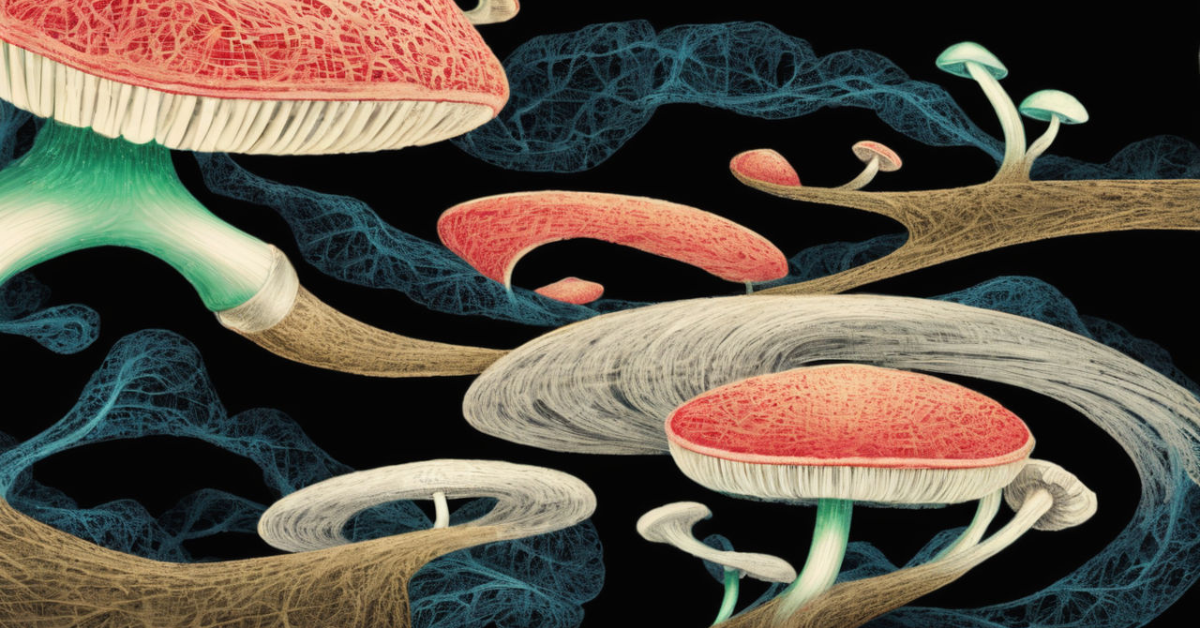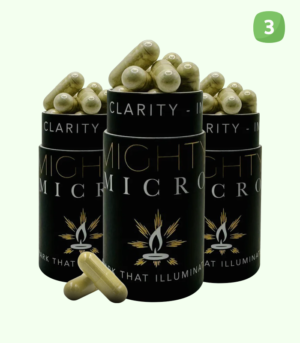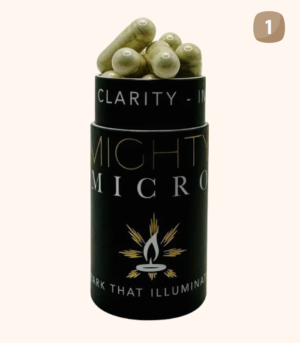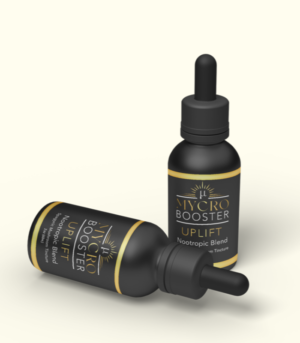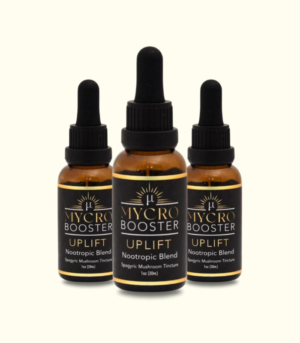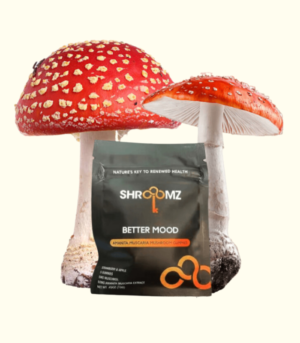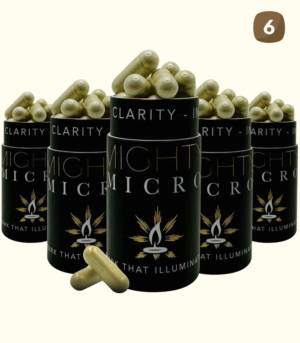In the realm of mental health treatments, innovative approaches are constantly being explored. Psilocybin, a naturally occurring compound found in certain mushrooms, has garnered attention for its potential in treating obsessive-compulsive disorder (OCD). This article takes a deep dive into the world of **psilocybin for OCD treatment**, elucidating its mechanisms, benefits, research progress, and potential challenges.
What Is Psilocybin for OCD and How Does It Work?
Psilocybin for OCD refers to the utilization of the psychoactive compound psilocybin, commonly found in magic mushrooms, as an alternative treatment avenue for individuals dealing with OCD.
This approach taps into the potential of psilocybin’s impact on serotonin receptors within the brain. Through this engagement, psilocybin initiates significant shifts in perception, mood, and cognition, thus holding the promise of effectively alleviating the symptoms associated with OCD.
How Does Psilocybin Affect OCD Symptoms?
At the heart of the potential effectiveness of **psilocybin for OCD** lies its dynamic interaction with serotonin receptors. This interaction leads to profound alterations in brain activity, resulting in shifts in thoughts, emotions, and perceptions.
By modulating these fundamental neurochemical processes, psilocybin offers a unique opportunity to interrupt the repetitive thought patterns and obsessions that characterize OCD. This innovative approach highlights the role of psilocybin as a catalyst for change in the landscape of OCD treatment.
What Does Current Research Say About Psilocybin for OCD?
The promise of psilocybin for OCD treatment lies in its potential to induce altered states of consciousness. These states, facilitated by controlled and supervised psilocybin-assisted therapy, may enable individuals to break free from the shackles of their obsessive thought patterns.
Through this transformative experience, patients can potentially gain new perspectives on their condition and develop strategies to manage their symptoms more effectively.
Amidst a backdrop of evolving scientific inquiry, various small-scale studies have emerged, shedding light on the potential of psilocybin-assisted therapy for OCD. These studies highlight the possibility of substantial reductions in OCD symptoms, coupled with enhancements in overall quality of life.
Researchers have reported that psilocybin-assisted therapy sessions, when administered in a supportive and controlled environment, could lead to profound breakthroughs in the way individuals perceive and interact with their OCD symptoms.
What Are the Advantages of Psilocybin-Assisted Therapy?
The introduction of psilocybin-assisted therapy for OCD introduces several compelling advantages. By disrupting obsessive patterns, the therapy challenges the status quo of repetitive thoughts and behaviors.
Moreover, the amplified state of mindfulness induced by psilocybin can empower patients to engage more effectively in cognitive behavioral strategies. The therapy also offers the potential for emotional catharsis, enabling patients to confront and address underlying emotional factors that contribute to their OCD.
Buy Magic Mushroom Online
What Are the Potential Risks and Considerations of Psilocybin Therapy?
While the prospects appear encouraging, it is paramount to recognize and address the potential risks associated with psilocybin therapy. These encompass a range of factors, including the intense hallucinogenic effects that psilocybin can induce.
Individuals with a history of severe mental health conditions must exercise caution due to their potential vulnerability to adverse reactions. Additionally, the legal and accessibility challenges surrounding psilocybin also play a significant role in shaping its potential as a treatment option.
How Should Psilocybin Therapy Be Administered for OCD?
To optimize the potential benefits and mitigate risks, the administration of psilocybin-assisted therapy should be conducted under the vigilant supervision of trained professionals, ensuring a controlled and supportive environment. The expertise and guidance of these professionals are crucial in creating an environment where patients can safely explore the therapeutic potential of psilocybin.
What Does the Future Hold for Psilocybin in OCD Treatment?
As the journey of utilizing psilocybin for OCD treatment continues, ongoing research endeavors are poised to provide greater clarity on its effectiveness, safety, and long-term impacts. These studies hold the potential to redefine the landscape of OCD treatment options, offering individuals new avenues for managing their symptoms and improving their overall quality of life.
Conclusion
The exploration of **psilocybin for OCD treatment** represents an intriguing frontier in mental health research. While it’s not a universally applicable solution, early findings indicate that psilocybin-assisted therapy could open new avenues for managing OCD symptoms. It is, however, imperative to approach this option cautiously, under the guidance of skilled professionals. As research advances, a more profound understanding of psilocybin’s role in the intricate landscape of OCD treatment is likely to emerge.
Can psilocybin completely cure OCD?
While psilocybin isn’t a guaranteed cure, it displays promise in alleviating symptoms and enhancing overall well-being for individuals with OCD.
Is psilocybin legally viable for treating OCD?
The legal status of psilocybin varies by jurisdiction. In specific areas, it is considered illegal, while others are exploring its potential therapeutic applications.
Are there any side effects linked to psilocybin-assisted therapy?
Possible side effects encompass nausea, session-related anxiety, and potentially intense emotional experiences. Trained therapists closely monitor these effects.
How many therapy sessions using psilocybin are typically recommended for OCD?
The number of sessions varies, yet research suggests that even a limited number of sessions could yield substantial improvements in OCD symptoms.
Can psilocybin therapy replace traditional OCD treatments?
Psilocybin therapy remains in the experimental phase. Consulting a mental health professional before making treatment decisions is crucial.
What enduring impact does psilocybin-assisted therapy have on OCD?
Long-term effects are undergoing investigation. Preliminary research suggests that insights gained during therapy may lead to lasting positive shifts in behavior and thought patterns.

